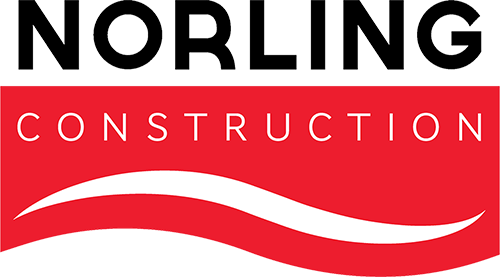We always try to pour driveways at 5 inches thick. 5″ concrete has 50% more strength than 4″ concrete but only add 20% to the cost of concrete. For a 20’X50′ (1,000 SF) driveway this is the difference of about $400. In the long run this is undoubtedly worth it.
FAQs
Answers to your Questions
Why choose concrete over asphalt if concrete is more expensive?
While the cost of a new concrete driveway is more expensive up front, concrete is actually the cheaper route over the life span of a driveway. A properly installed concrete driveway should last 30 years, while a properly installed asphalt driveway lasts only 15-20. It is then necessary to divide the cost of your driveway by the number of years you can expect to get from either option (Asphalt is usually between $2-5/ square foot while concrete is between $4-6/ square foot. Other things to take into consideration are the maintenance of both options. Both asphalt and concrete should be “sealed” every 3 years. Concrete is very easy to seal, is relatively cheap compared to asphalt, and is a much cleaner process than sealing an asphalt driveway. Finally a concrete driveway has many options aesthetically, asphalt on the other hand has the same color options as the original Ford Model T (Black or Black).
What is the importance of sealing concrete?
There are several reasons to seal your concrete. Initially after the concrete is installed it is important to use a “cure and seal”. The cure and seal helps the concrete to retain moisture so that the concrete dehydrates at a rate that produces the highest strength. The concrete should then be sealed 30 days later to provide protection from chemical, and freeze and thaw cycles. Additional sealing should take place every once every three years.
What are the most common reasons that concrete fails?
It is not hard and is cheap to produce a concrete product that looks good and last long enough for a contractor to escape liability. Therefore commonly cut corners are inadequate or no soil compaction, inadequate or no soil correction, inadequate tool or saw cuts, skimping on the agreed thickness of the slab, and a lack of knowledge or effort to think about and deal with water.
